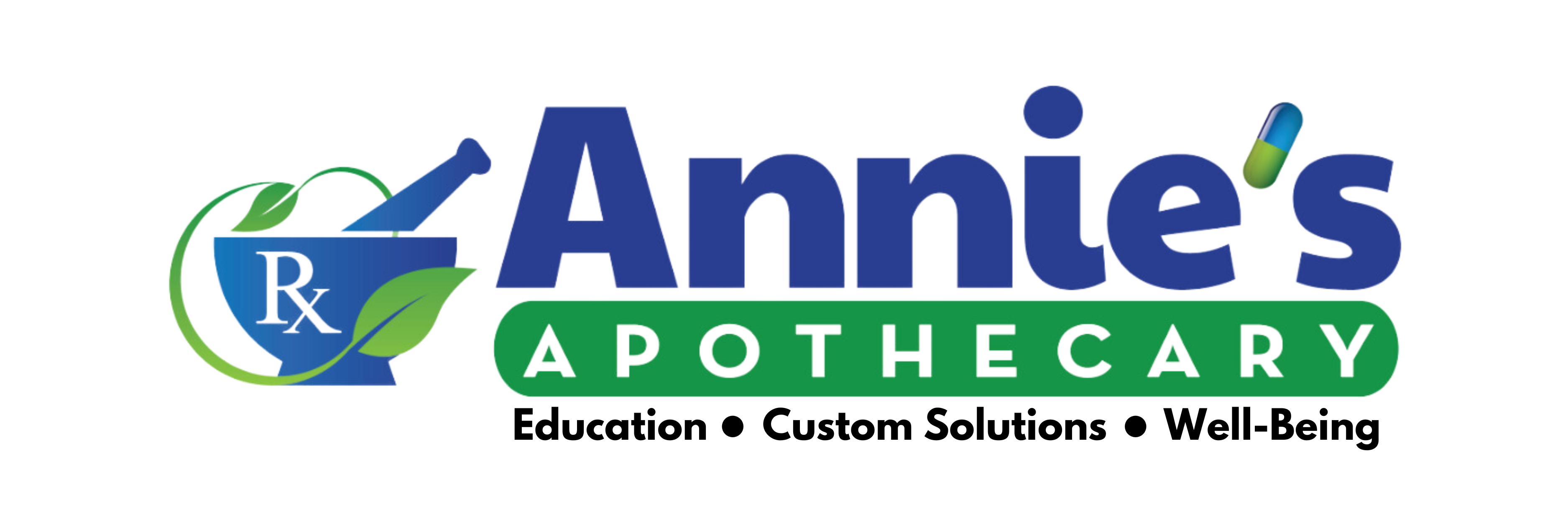Do you know what labs you should be getting? When you go in for your annual check-up your doctor orders labs, but do you know what labs are being requested and do you even see the results? Some doctors just call and say everything looks good, but does it really? You have to be your own health advocate and request specific labs to make sure you’re getting the whole picture and always get a copy for your records. If you see numbers creeping out of the normal range you can make lifestyle changes and even try supplementation before you end up needing prescription medications that often come with unpleasant side effects. Let’s review some important labs that you should know.
Know Your Labs!

Everyone should be concerned about their heart health since 1 in 4 deaths are due to cardiovascular disease according to the American Heart Association. Doctors order a lipid panel to assess your risk. In this panel you will see your total cholesterol, Low-Density Lipoproteins (LDL) also known as your “bad cholesterol,” High-Density Lipoproteins (HDL) also known as your “good cholesterol,” and your triglycerides. These levels have a lot to do with diet and exercise, but there is also a hereditary component to it. You can make simple changes to your diet and start exercising regularly to bring these levels into a healthy range. Stop eating fast food and processed junk and fill your plate with delicious veggies and smaller amounts of lean meat or fish. If you need more help supplements like Omega Pure or Bergamot can give you the additional support you need to avoid prescription medications.
According to the American Diabetes Association, the 7th leading cause of death is diabetes. Unfortunately, millions of Americans are considered to have prediabetes because their blood sugar (glucose) levels are higher than normal and this puts them at an increased risk for developing diabetes if it is not addressed. This will be assessed in a metabolic panel which measures your fasting blood glucose along with Hemoglobin A1C (HgA1C). HgA1C gives you an average of your blood glucose over the last two to three months. People may become insulin resistant which means your insulin has trouble binding to the cell receptor. Insulin allows your body to lower glucose levels properly, so be sure to check insulin levels too! Here again, diet and exercise are the first things we focus on to get labs back into a healthy range. Trade in the sugar and carbs for some healthy alternatives like a cup of blueberries or an apple with some almond butter. Supplements such as Inositol and Metabolic Xtra can help you reach your goals.
Hormones, when in balance and at their optimal levels, help us stay sane, manage weight, increase energy, and so much more. Thyroid levels that should be ordered are Thyroid-Stimulating Hormone (TSH), Free T4, Free T3, and Thyroid Peroxidase Antibodies (TPO). TSH is commonly the only thyroid level drawn, but to see the whole picture these other thyroid labs should be drawn as well especially if you’re having trouble with weight, energy, and even constipation. TSH has a wide reference range. Optimal TSH levels will fall closer to the center of the range. Selenium is a supplement often used to help support healthy thyroid levels. And if TPO antibodies are present then it’s time to break up with gluten and remove it from your diet. Sex hormones such as estrone, estradiol, progesterone, testosterone, and DHEA should be checked as well. Even though you may be older if you are having unwanted symptoms of hot flashes, sluggishness, low libido, trouble building muscle or sleeping you can optimize your hormones with prescription bio-identical hormone replacement therapy. This can help you feel better and support healthy bones and mental clarity.

Vitamin D has been nicknamed the “Sunshine Vitamin” because the ultraviolet-B light from the sun activates the Vitamin D in our skin cells. Vitamin D deficiency has now been linked to a wide range of diseases including depression, schizophrenia, stroke, osteoporosis, heart disease, multiple sclerosis, rheumatoid arthritis, diabetes, and several types of cancers including breast cancer. A lab can determine if you truly have a Vitamin D deficiency by testing the active form: 25-hydroxyvitamin D. The optimal VitaminD level is between 60 and 100 ng/mL. Vitamin D supplements should contain Vitamin D3 (cholecalciferol) because it is absorbed quickly, maintains blood levels of the active form, 25-hydroxyvitamin D, for a longer period of time than Vitamin D2 (ergocalciferol), and is more potent than Vitamin D2.
Last but not least is the Complete Blood Count (CBC). This is the most common lab test ordered because it can identify the cause of symptoms like fatigue, weakness, or bruising. Your red blood cells are measured here and are responsible for carrying oxygen to tissue and organs throughout your body and helping remove carbon dioxide. If your levels are low you could be anemic. Anemia has several causes such as a deficiency in iron, vitamin B12, or folic acid. Determining the cause of the anemia is essential to treating it appropriately, but if it’s due to one of the deficiencies listed above you can easily supplement with Iron Glycinate, 5-MTHF, or vitamin B12.
Play an active role in your healthcare. Listen to your body and look at trends in your labs. This way you can make changes before you get in trouble and end up with unwanted prescription medications along with their side effects. If you want someone to look at your labs and help make lifestyle or supplement recommendations we are happy to set up a consult to get you back in control of your health. Don’t wait to start feeling better, there’s no time like the present.
